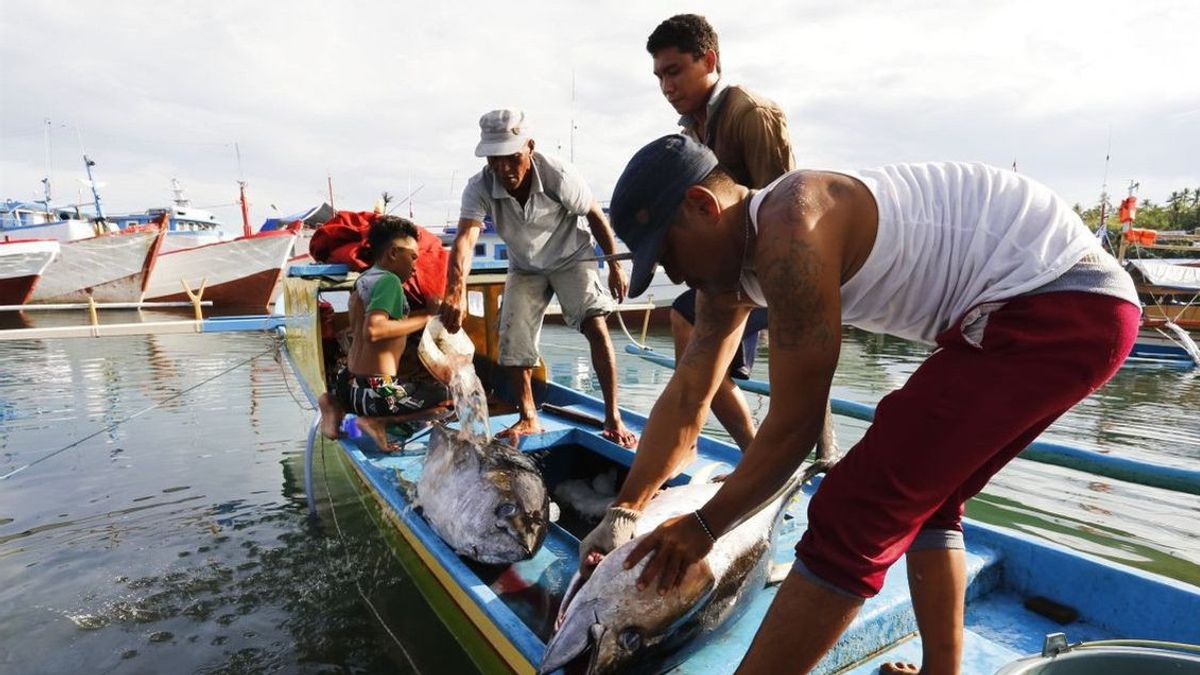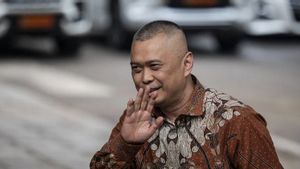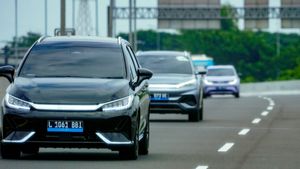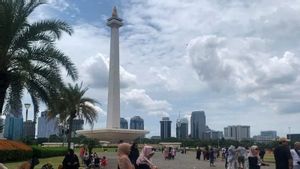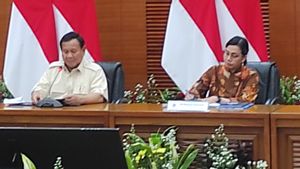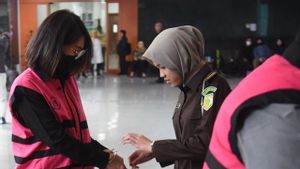YOGYAKARTA What is a blue economy in general can be understood as a concept of economic development by developing resources from various sectors. For more details, see the following article.
On the Indonesian Chamber of Commerce and Industry website, it is explained that the blue economy is a concept carried out by combining the use of marine resources. The purpose of this blue economy is to support economic growth, improve community welfare, expand employment, as well as preserve marine ecosystems.
The definition of the blue economy for Indonesia itself refers to Article 14 Paragraph 1 of Law Number 32/2014 concerning Maritime Affairs. The article states that the blue economy is an approach taken to improve sustainable marine management, marine conservation and coastal resources, as well as its ecosystem in order to realize economic growth with the principle of community involvement, resource efficiency, minimize waste, and double added value.
In utilizing marine resources, the blue economy itself tries to emphasize the printing of large profits but is not limited to the fisheries sector, but is expanded towards tourism, transportation, and even mining.
In a journal entitled Blue Economy Potential and Challenges in Supporting Economic Growth in Indonesia: Literatur Studies, it is said that the blue economy is an important issue considering that a healthy sea is able to provide jobs, food, is able to support economic growth, play a role in climate regularity, to support the welfare of the surrounding community.
Quoted from Antara, the 43rd ASEAN Summit (KTT) which was held in Jakarta in early September 2023 resulted in an agreement related to marine economic growth.
Indonesia as one of the countries with the longest coastline is also expected to be able to implement a blue economy. In addition, Indonesia's marine potential is optimized through the blue economy. To implement this strategy, there are several sectors that must be developed, namely as follows.
It is undeniable that Indonesia has abundant marine resources, so it needs to be increased in order to support the fisheries sector. Not only the fisheries sector, Indonesia must also develop marine products such as fish farming, cucumbers, and shells in a sustainable manner.
Marine tourism development needs to be done. To do this, the government must participate in thinking about the beauty of marine ecosystems, coral reefs, and marine activities for the development of marine tourism.
Utilization of the sea can also include procuring renewable energy by utilizing wind and sea waves. That way, Indonesia does not depend on fossil fuel energy sources.
Maritime transportation serves to support sea connectivity so that logistics distribution is more efficient.
There is a lot of potential for the marine industry to be worked on, such as processing marine fish or producing food products from the sea, and so on. This maximization will have an impact on adding employment opportunities for the community.
This point is very important in the blue economy concept. Conservation itself includes the preservation of coral reefs, marine conservation areas, as well as efforts to reduce plastic waste that has the potential to pollute the sea.
The blue economy is believed to bring sustainable benefits and can be felt by many people. Some of the benefits of the blue economy are as follows.
That's information about what a blue economy is. Visit VOI.ID to get other interesting information.
The English, Chinese, Japanese, Arabic, and French versions are automatically generated by the AI. So there may still be inaccuracies in translating, please always see Indonesian as our main language. (system supported by DigitalSiber.id)
